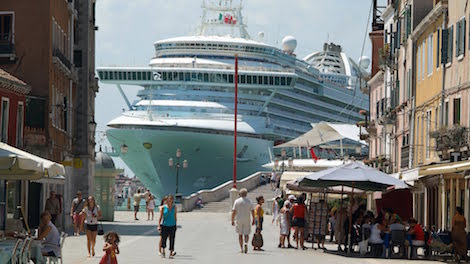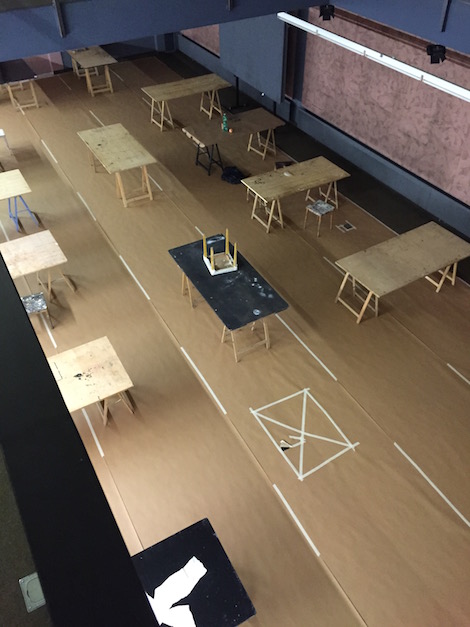| « 4 / 30 Seeing what is there | 2 / 30 Revelations » |
3 / 30 Political Syndromes
When do we tie a city's name to a syndrome? Either in the case of abduction or in the case of tourism.
Paris: a transient psychological disorder exhibited by some individuals visiting or vacationing in Paris, severe form of cultural shock.
Florence: a psychosomatic disorder that causes rapid heartbeat, dizziness, fainting, confusion and even hallucinations when an individual is exposed to an experience of great personal significance, particularly viewing art.
Stockholm: a psychological phenomenon in which hostages express empathy and sympathy and have positive feelings toward their captors, sometimes to the point of defending and identifying with captors.
Lima: a psychological phenomenon in which abductors develop sympathy for their hostages, converse of Stockholm.
Jerusalem: group of mental phenomena involving the presence of either religiously themed obsessive ideas, delusions or other psychosis-like experiences that are triggered by a visit to the city of Jerusalem.
Venice: the gentrification of inner cities through mass tourism and real estate speculation.

Tourism can be a dangerous endeavour. This becomes graspable after Andreas Pichler’s film Venice Syndrome. He presented it tonight in the performance and urbanism class of feld72. The location of the screening was at the former Baroque Museum of Salzburg. The museum has moved some time ago and left a abandoned space that is used by the course of feld72 for the duration of the academy.
Pichler’s film shows the gentrification of Venice from the perspective of some of its remaining permanent inhabitants. Over the last twenty years the number of them has dramatically decreased. This leaves Venice with fewer permanent inhabitants than after the Great Plague, yet every day over 70.000 tourists visit the city. Real estate speculations, but also this arrival of flat-rate tourism transformed Venice into an unoccupied Disneyland: overrun by visitors during the daytime and uncannily quiet at night. I look out of the window of my room located in the very centre of Salzburg. It is dead silent. Venice is everywhere.

I wonder now how a post-gentrified city might look like. ‘Experts’ predict for several years now that the mother of all real-estate bubbles, London, is about to burst, yet the investments seem unaffected by entire neighbourhoods without inhabitants. Will a city after gentrification look like Detroit today? Or is London already post-gentrified? And what is role of art in all this? Accomplice or insurgent? I remember the quotes that I scribbled into my notebook during Florian Malzacher’s lunch talk on 'useful art':
“Today it is easier to imagine the end of the world than the end of capitalism.”(žižek)
“Art is not a mirror to hold up to society, but a hammer with which to shape it.”
(Trotsky, Brecht, Mayakovski, ...)

